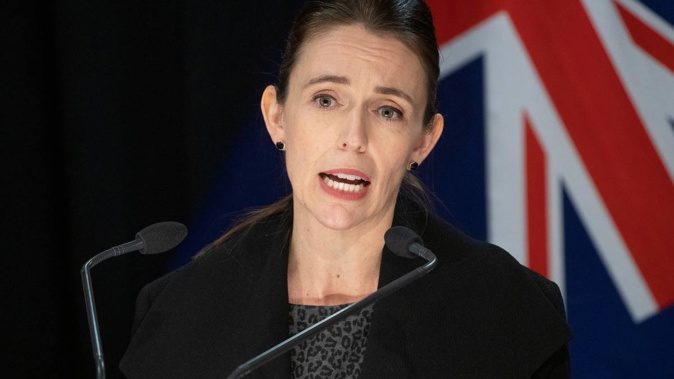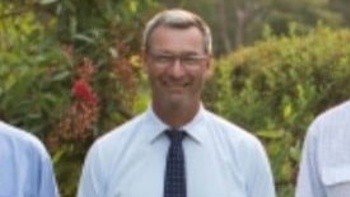
New Zealand will deploy a further 120 Defence Force personnel to the United Kingdom to help train Ukraine soldiers to fight against Russian forces.
It adds to the 30 personnel sent over in May to train Ukrainian military personnel in operating artillery and the more than $40 million provided in financial support.
"New Zealand has been clear that we will continue to answer the call of Ukraine for practical support as they defend their homeland and people against Russia's unjustified invasion," Prime Minister Jacinda Ardern said.
"We know that one of the highest priorities for Ukraine right now, is to train its soldiers, and New Zealand is proud to stand in solidarity alongside a number of other countries to answer that call," Ardern said.
Those in the deployment will travel in tranches via commercial flights to the UK over the next three weeks and will remain there until November 30.
Two infantry training teams will teach Ukrainian personnel frontline combat, including weapon handling, combat first aid, operational law and other skills.
While no NZ defence force member would enter Ukraine, defence minister Peeni Henare said it would provide "valuable experience".
"This deployment also provides an opportunity for NZDF personnel to gain valuable experience through conducting core soldier skills in a foreign environment, alongside key partners, which promotes retention in our defence workforce," Henare said.
"The training will be conducted exclusively at one of four locations in the UK and our NZDF personnel will not enter Ukraine."
Minister of Foreign Affairs Nanaia Mahuta said the latest deployment indicated New Zealand's values and "independent foreign policy".
"Our ongoing role contributing to the international response supports Ukraine in protecting its territorial integrity and sovereignty," she said.
Across February and March, the Government announced several millions of dollars would be provided to the United Nations' Ukraine Humanitarian Fund and the UN Refugee Agency.
/cloudfront-ap-southeast-2.images.arcpublishing.com/nzme/HAZ7BJQ7RL4VBDBRR5B64B3Y2U.jpg)
Defence Force chief Air Marshal Kevin Short and Defence Minister Peeni Henare will front the media as well as the Prime Minister. Photo / NZME
Later in March, $5 million of non-lethal military assistance was sent over which consisted of body armour plates, helmets and camouflage vests/harness webbing.
In April, the Government deployed a C-130H Hercules transport aircraft and 50 support personnel to Europe for two months, along with another $13m of military, humanitarian and legal support.
A separate 8-person Defence Force team of logistic specialists were also sent over to support the international donor coordination centre in Germany with the flow of aid and supplies to Ukraine.
In May, up to 30 Defence Force personnel were deployed to the United Kingdom to help train Ukrainian military personnel in operating L119 105mm light field guns.
In June, another $4.5m was allocated to provide additional non-lethal equipment and supplies such as medical kits for the Ukrainian Army.
Russia's military pounded residential areas across Ukraine over the weekend, claiming gains, as Ukrainian forces pressed a counteroffensive to try to take back an occupied southern region, striking the last working bridge over a river in the Russian-occupied Kherson region, Ukrainian authorities said.
A Russian rocket attack on the city of Kramatorsk killed three people and wounded 13 others, according to the mayor. Kramatorsk is the headquarters for Ukrainian forces in the country's war-torn east.
The attack came less than a day after 11 other rockets were fired at the city, one of the two main Ukrainian-held ones in Donetsk province, the focus of an ongoing Russian offensive to capture eastern Ukraine's Donbas region.
Take your Radio, Podcasts and Music with you









